









ANGER…one letter short of DANGER We get angry when things do not happen as per our wish… We get angry when our younger sibling takes away our things without our permission… We get angry when our friends do not listen to us… It’s so easy and so common to get angry. However, is it a strength or a weakness? Let’s find out…

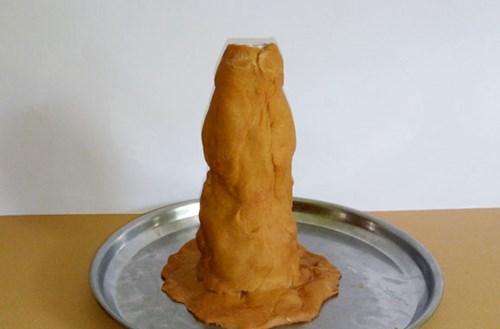
Mix flour, salt, cooking oil and water in a large bowl. Mix the ingredients together with your hands until the mixture is firm. Stand the bottle in the centre of the pan. Mould the salt dough around the bottle in a cone shape (like a volcano) but leave the bottle top uncovered.
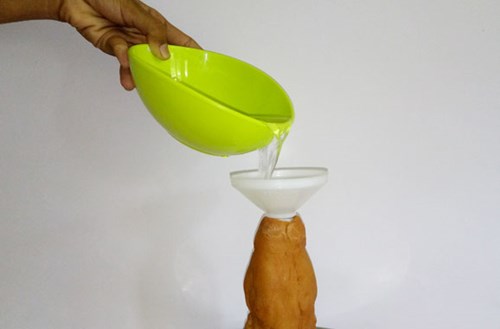
Fill the bottle almost to the top with warm water.
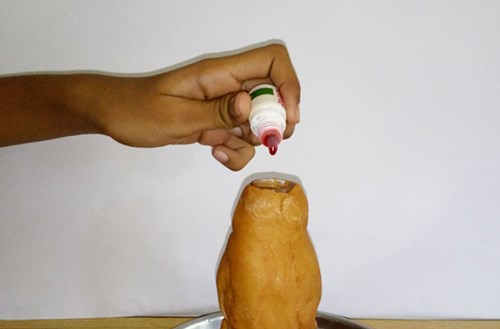
Add a few drops of food colouring.
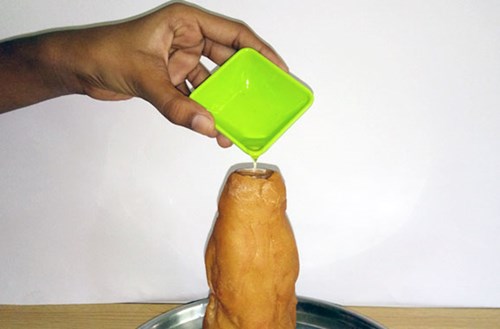
Squeeze 6 drops of detergent into the bottle.
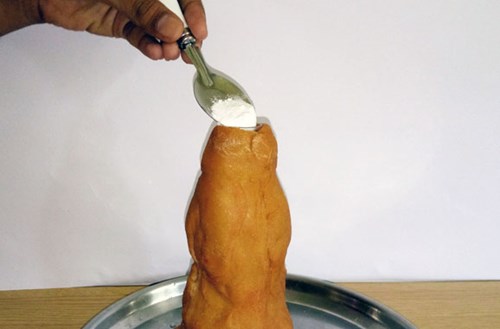
Add 2 tablespoons of baking soda.
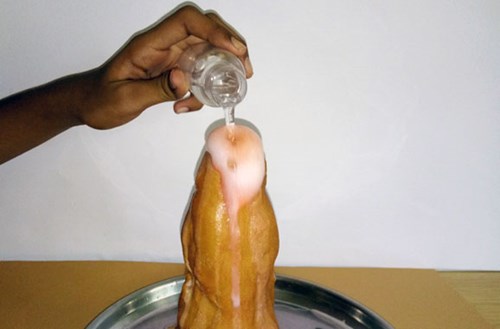
Slowly pour vinegar into the bottle. See what happens.

A chemical reaction between baking soda and vinegar creates a gas called carbon dioxide. When we shake the soda, the gas becomes activated and tries to spread out. However, since there isn’t enough space inside the bottle, it rapidly tries to usher out of the bottle. Thus, an eruption happens!
Suppose that the bottle represents you.
The mixture of food color, vinegar, water and detergent represents the situations around us.
The baking soda represents a person/situation that we dislike.
Whenever we encounter any situation or person whom we dislike, we tend to flare up and get angry. But is getting angry always a solution? No! In fact anger not only causes harm to the person who gets angry but it also harms the victim. In order to get over this weakness, we should do ‘pratikraman (asking for forgiveness)’ whenever and wherever we get angry and hurt others. By doing this, it is definitely possible to overcome our anger.



This website use cookies to help you have a superior and more relevant browsing experience on the website. Read more...